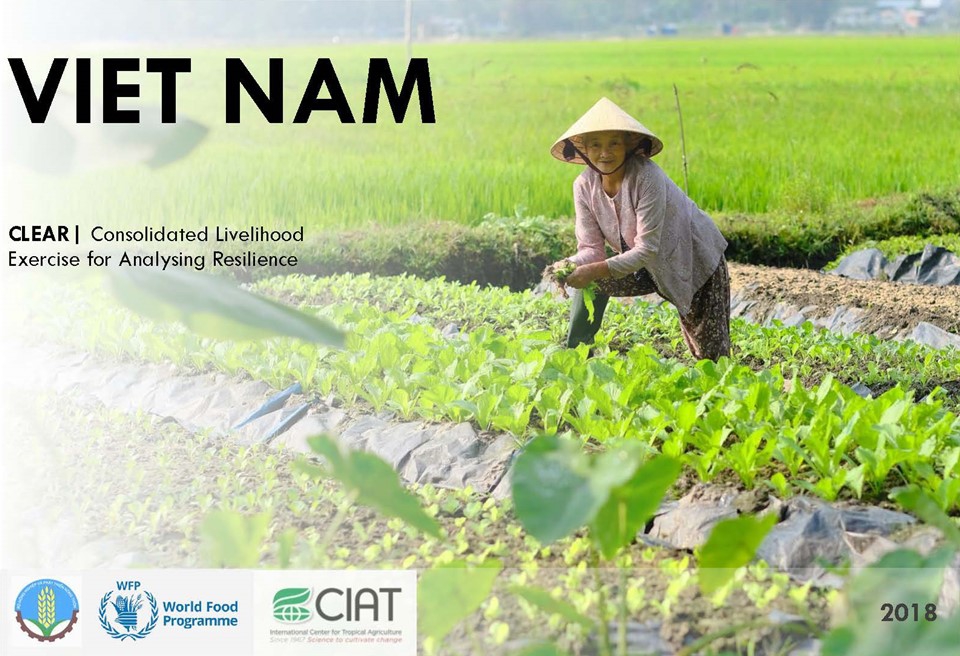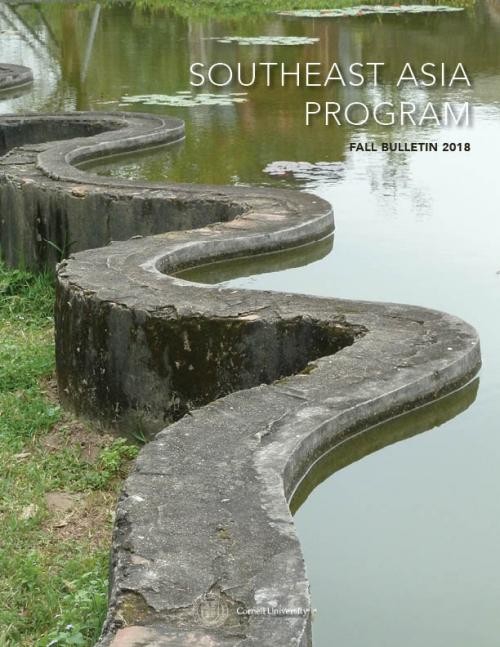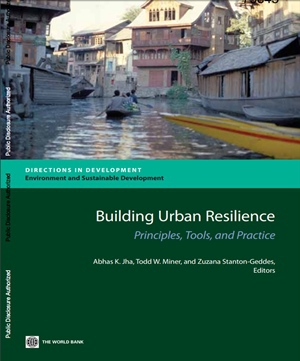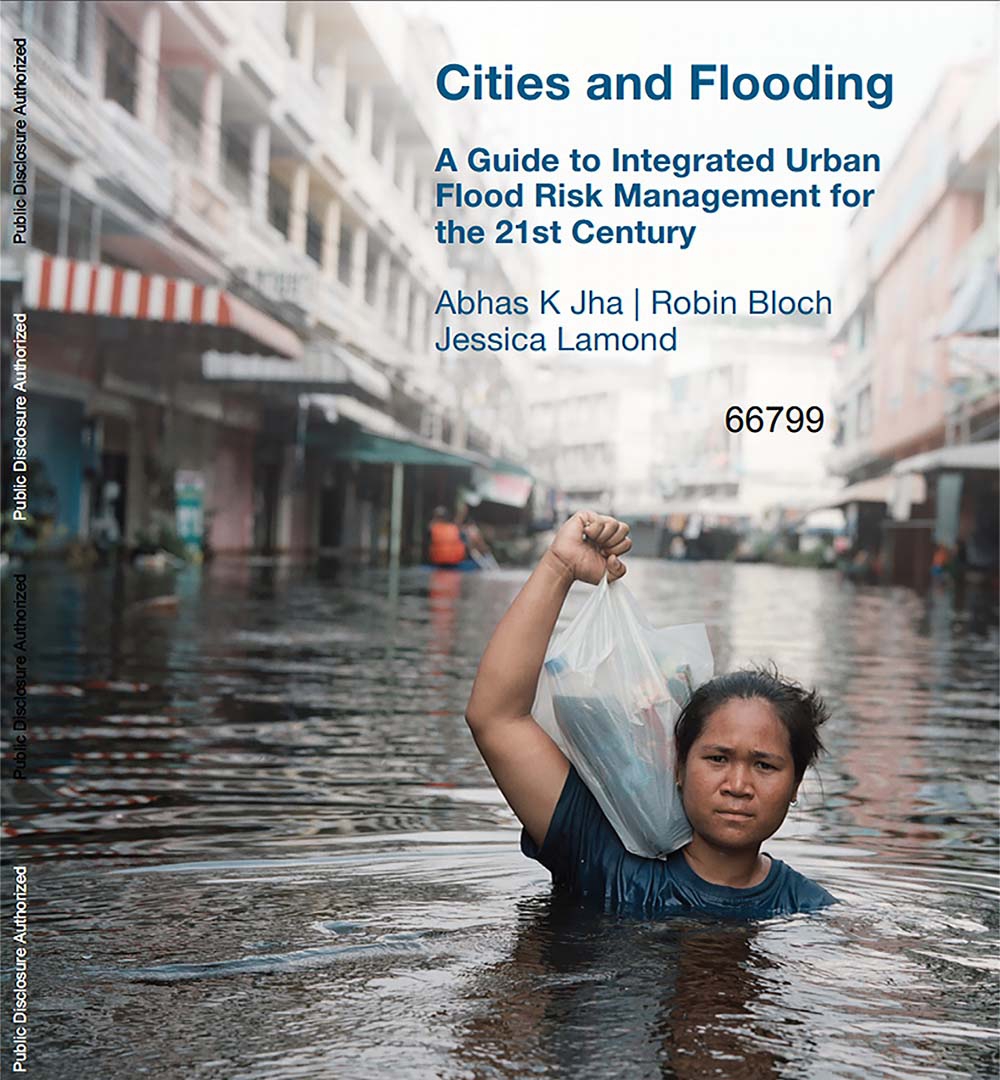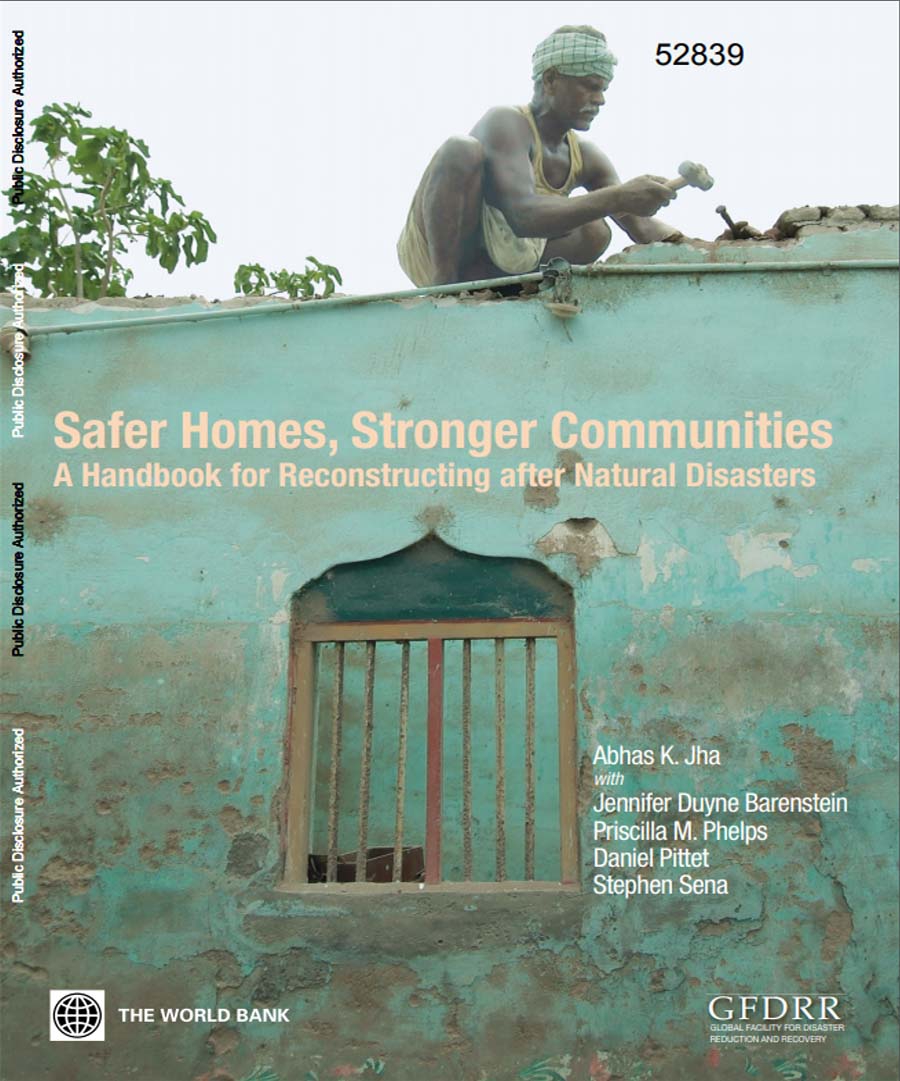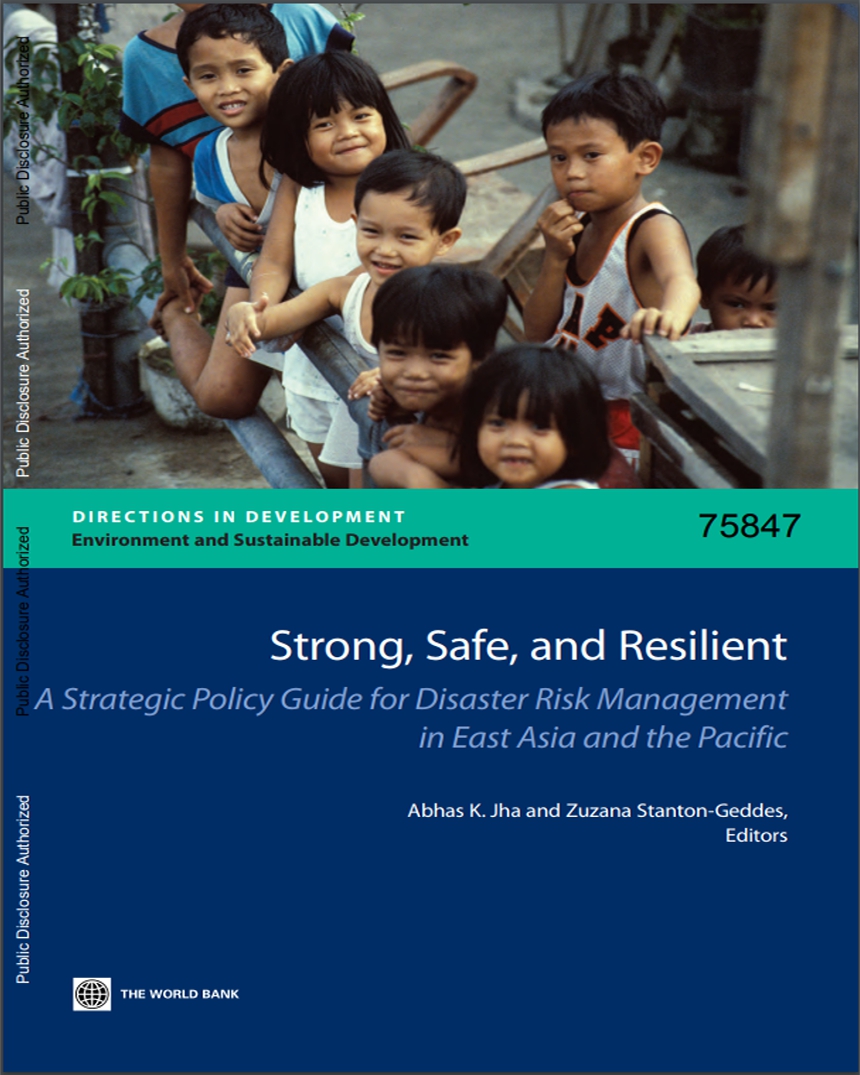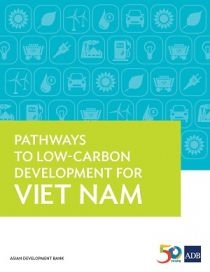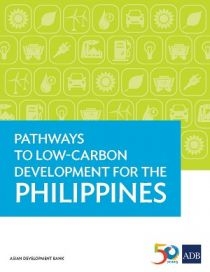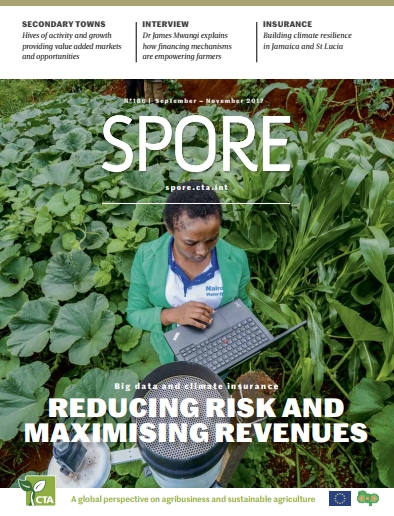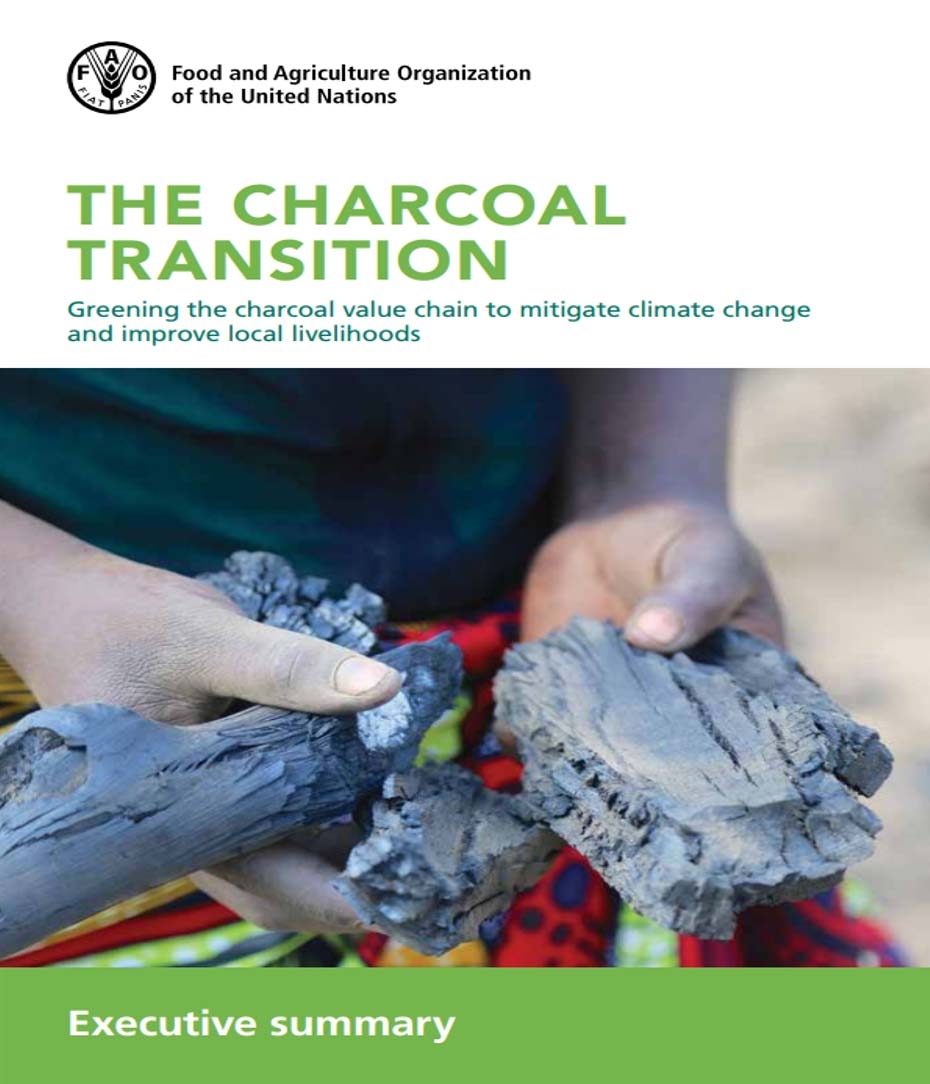Harvested Publications
WFP uses satellites and climate modeling to boost resilience to climate change in Vietnam Hanoi – A report launched by the UN World Food Programme (WFP) and the Government of Vietnam found that rural livelihoods in Vietnam are highly sensitive to climate change, especially in the northern mountainous regions and the central highlands. The report also found that resilience must be boosted to safeguard food security and nutrition progress made in recent years. WFP launched the Consolidated Livelihood Exercise for…
From the films of Laos to the shrimp farms of Thailand, the 2018 Fall Southeast Asia Program (SEAP) Bulletin is lush with stories that cross national borders and disciplines. Read about the making of an interdisciplinary service-learning course on climate change in Vietnam, Indonesian music and environmental movements, and the legacy of monarchy in Asia. Also: SEAP Outreach co-sponsors a Cornell student-led project serving a refugee resettlement organization in Utica, New York, and organizes a cross-institutional conference on the value of education "going…
Principles, Tools, and Practice Building Urban Resilience in East Asia is a World Bank program that aims to increase the resilience of cities to disasters and the impacts of climate change by using a risk-based approach to making public investment decisions. The objective is to demonstrate a scalable methodology and practical tools for risk assessment that can be used for city-level investment decisions. Working closely with the stakeholders involved in land use planning and infrastructure development, Phase I of this…
A Guide to Integrated Urban Flood Risk Management for the 21st Century provides comprehensive, forward-looking operational guidance on how to manage the risk of floods in a rapidly transforming urban environment and changeable climate. The Guide serves as a primer for decision and policy makers, technical specialists, central, regional and local government officials, and concerned stakeholders in the community sector, civil society and non-governmental organizations, and the private sector. The Guide starts with A Summary for Policy Makers which outlines…
A Handbook for Reconstructing after Natural Disasters Background Safer Homes, Stronger Communities: A Handbook for Reconstructing after Disasters was developed to assist policy makers and project managers engaged in large-scale post-disaster reconstruction programs make decisions about how to reconstruct housing and communities after natural disasters. As the handbook demonstrates, post-disaster reconstruction begins with a series of decisions that must be made almost immediately. Despite the urgency with which these decisions are made, they have long-term impacts, changing the lives of…
A Strategic Policy Guide for Disaster Risk Management in East Asia and the Pacific The fact sheets on disasters and prevention summarize some of the most recent data relevant for practitioners of disaster risk management (DRM) in the World Bank’s East Asia and the Pacific region. The Note to Decision Makers introduces the key messages of this report with a focus on decision making. The executive summary provides a brief overview of the key issues, strategic goals, and recommendations for…
This study assesses how Viet Nam’s green growth objectives can be achieved through a detailed modeling approach that draws on extensive national stakeholder input to ensure alignment with sector plans and strategies. Viet Nam’s rapid economic growth in recent years has been energy dependent. Viet Nam’s economy could expand by almost 14 times between 2010 and 2050, but the country’s energy system has become more carbon intensive. This study uses a bottom-up model to evaluate 63 measures to reduce greenhouse…
This study assesses how the growth of the Philippines can be made climate-friendly through a detailed modeling approach that draws on extensive national stakeholder input. The Philippines currently has a low level of per capita greenhouse gas emissions. However, emission levels are growing at an increasing rate, with 4% annual growth between 2006 and 2012. The country’s energy system is becoming more carbon intensive to satisfy escalating energy demand caused by strong economic growth. This study assesses how the Philippines…
Spore Magazine issue no. 186: Big data and climate insurance: Redusing risks and maximizing revenues
The Technical Centre for Agricultural and Rural Cooperation (CTA) has recently published the issue Number 186 of Spore magazine, which focuses on Big data and climate insurance: Reducing risks and maximizing revenues. Spore Magazine aims to give the reader a global perspective on agribusiness and agricultural development. The topics covered in this issue include the role of ICTs in enhancing agricultural productivity, creating jobs and increasing incomes for young farmers, and the role of ICTs in climate-smart agriculture and early warning systems.
Greening the charcoal value chain to mitigate climate change and improve local livelihoods.

